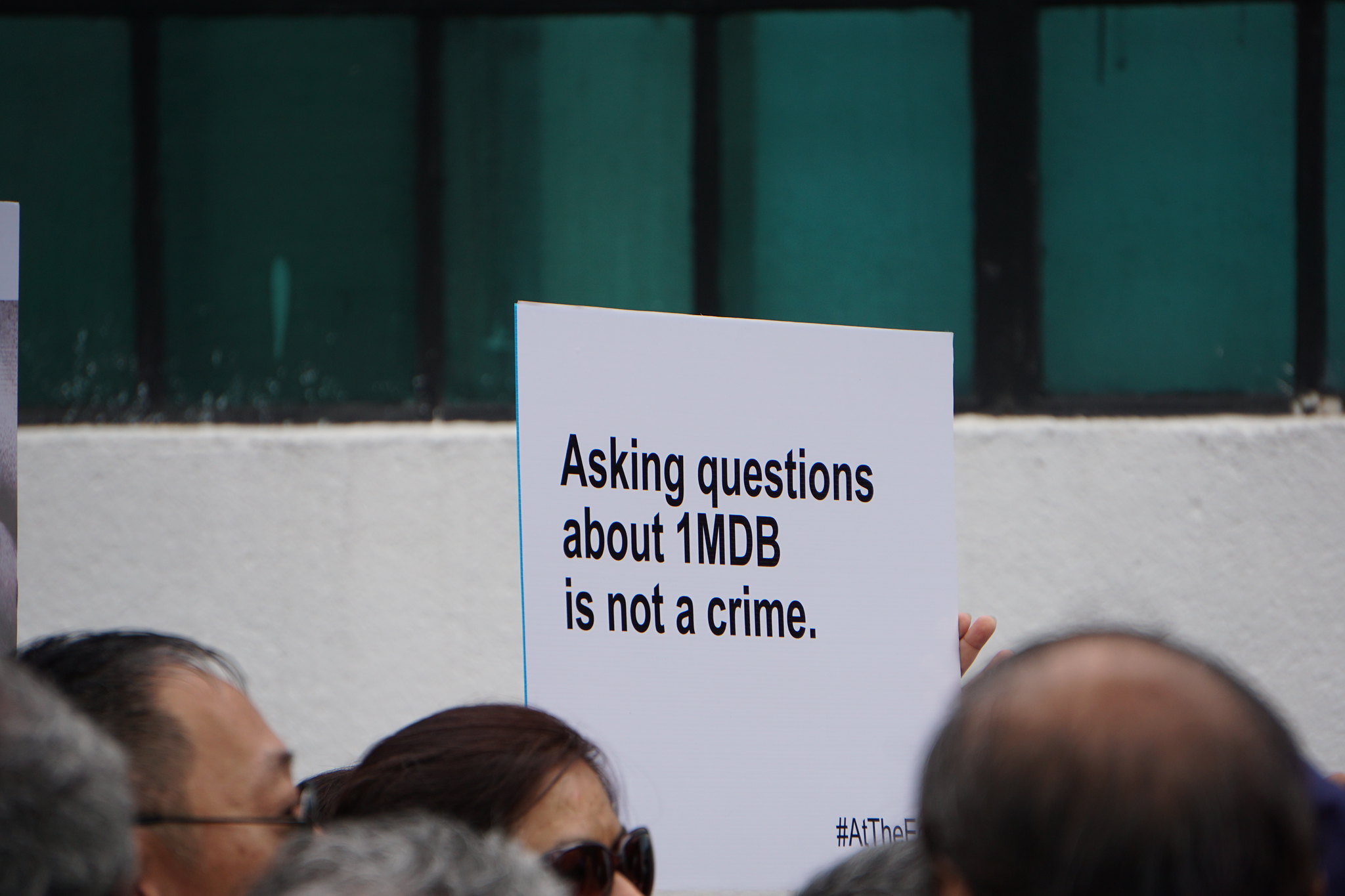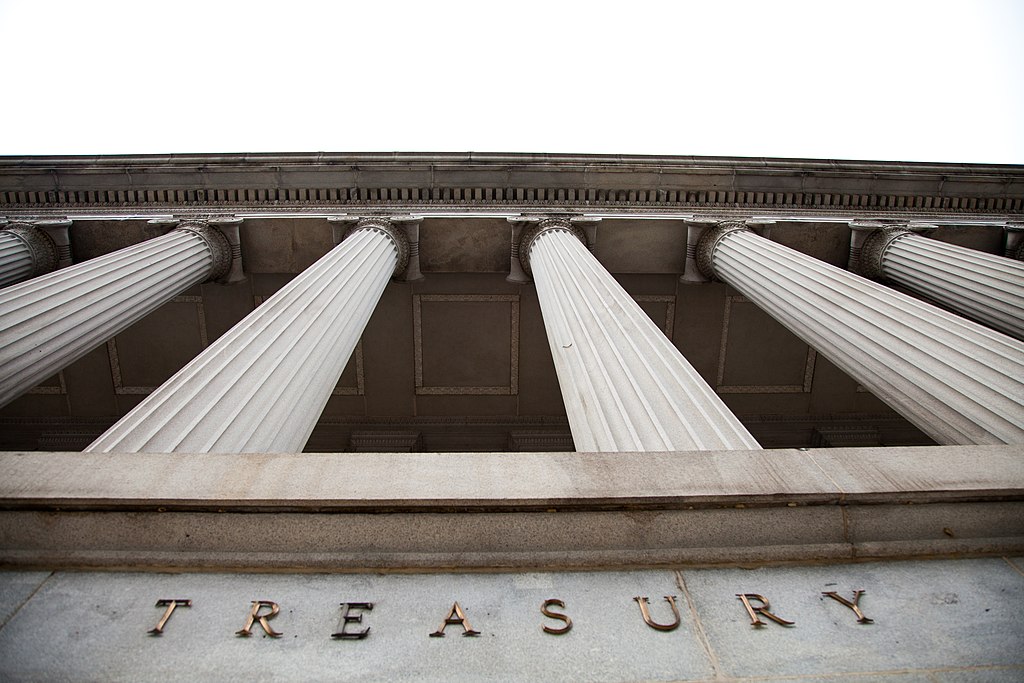A bitter pill: Russia’s murky investment in DOD-backed radiation medication company

A new article by the Organized Crime and Corruption Reporting Project (OCCRP), to which ACDC contributed analysis, scrutinizes Russian billionaire Roman Abramovich’s investments in Cleveland BioLabs, an American pharmaceutical company that received funding from both the U.S. and Russian governments.
Ties between the company, Abramovich and the Kremlin are well worth digging into, particularly since Russia’s invasion of Ukraine has raised the terrible prospect of an accidental nuclear meltdown or even a deliberate nuclear attack. Both would likely increase demand for one of the company’s products, Entolimod, an anti-cancer drug that can be used to fight the effects of radiation exposure.
It is also worth considering how the company won multi-million-dollar contracts from the U.S. Department of Defense (DoD), despite its web of connections to Russia, including investment in its subsidiary companies from the Russian Ministry for Industry and Trade.
The U.S. government has protocols in place to address concerns about Foreign Ownership, Control or Influence (FOCI) related to DoD contractors. Under rules passed in 2014, contractors must work with the Defense Counterintelligence and Security Agency to mitigate national industrial security risks, and more specifically control access to classified information. Is the DoD aware of the Cleveland BioLabs’ Russian connections? The Pentagon did not respond to OCCRP’s request for comment, and it is unclear whether contracts with Cleveland BioLabs underwent any additional review.
Russian links, Pentagon contracts
OCCRP notes that “public documents show that more than $60 million has flowed into Cleveland from the Russian government, Abramovich, and other private Russian investors.”
Meanwhile, according to OCCRP, “Cleveland won [a] $9.8 million contract from the Defense Department’s Joint Warfighter Medical Research Program in 2015, receiving a total of $15.8 million from the U.S. government that year.”
The article states: “Months before Cleveland won the first U.S. government contract in 2015, Abramovich’s right-hand man, David Davidovich, reportedly took a controlling stake in the company with a $25 million investment. Davidovich then named seven directors to Cleveland’s board, all of whom reportedly worked for Abramovich’s investment vehicle, Millhouse LLC.”
David Szakonyi, co-founder of ACDC, said: “Between 2011 and 2021, the majority of the funds invested in this family of companies that we can identify came from Russia – either an oligarch with close ties to the Kremlin, a Russian VC fund, or the Russian state itself. Part of the problem is we don’t know where the rest came from. This opacity would be concerning enough given that one of the businesses in question has won multiple contracts to provide the U.S. government involving potentially sensitive military-medical research. Combined with these clear Russian links, it is downright alarming.”
Influence machine
As noted by OCCRP, our analysis of public lobbying records shows that Cleveland BioLabs has spent more than $400,000 trying to influence lawmakers since 2010.
“Cleveland lobbied hard for U.S. government contracts, employing six different firms to press its case in Washington, D.C. between 2008 and 2013,” the article states. In comments to OCCRP, one former lobbyist described Cleveland’s approach as “aggressive”.
Separately, OCCRP reports that Abramovich donated over $1 million each year from 2015 to 2020 to the nonprofit foundation of Roswell Park Cancer Institute, a Buffalo treatment and research center. According to OCCRP, “Roswell Park is one of several cancer non-profits that in 2011 entered a joint venture with Cleveland and state-backed Russian incubator Rusnano to create Panacela, one of the Cleveland subsidiaries that won contracts with Russia’s Ministry of Industry and Trade.”
As we noted in our 2020 investigation into post-Soviet oligarchs’ donations to U.S. non-profits, such philanthropy is often aimed at cleaning the reputations of businesspeople close to the Kremlin, and allowing them to benefit from the access and influence such a reputation for generosity affords.




